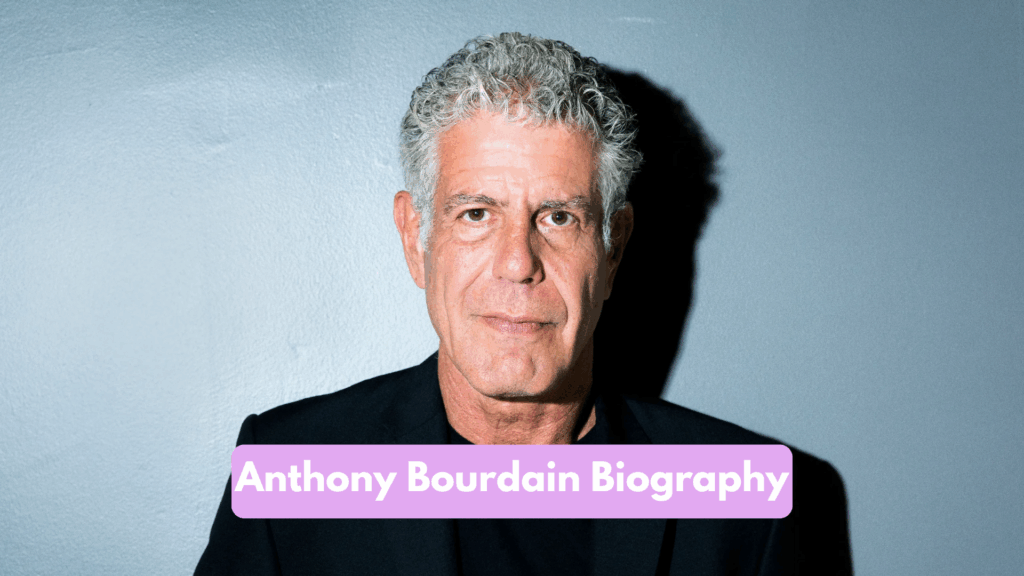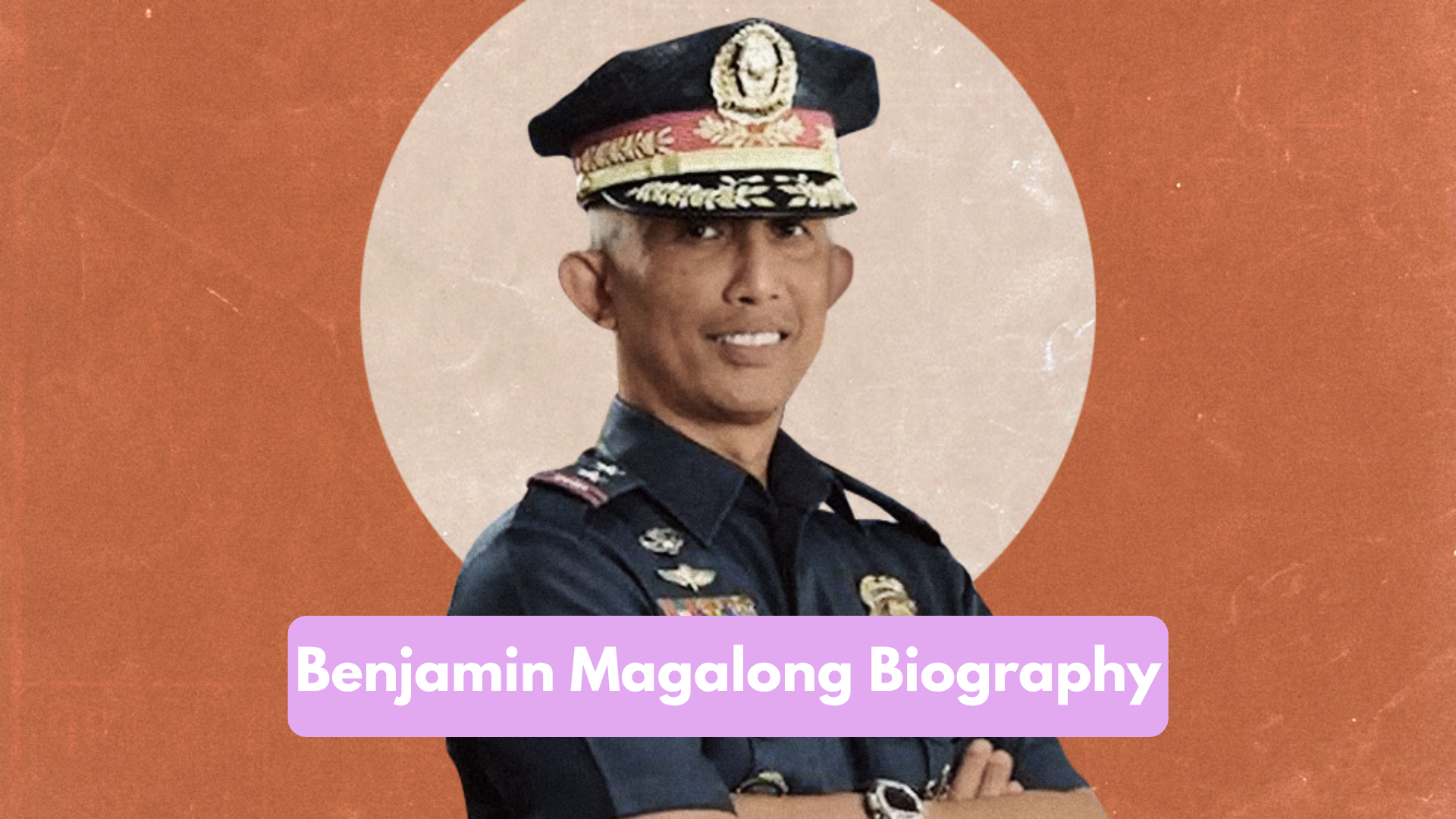Anthony Bourdain Biography: Cause of Death, Movies & TV Shows, Wife, Kids, Net Worth

Anthony Bourdain remains one of the most influential culinary voices of the 21st century. More than a celebrity chef, he was a candid writer, a blunt cultural critic and a curious traveler who taught millions to view food as a doorway to understanding people and place. This biography traces his early life, career breakthroughs, creative work, personal struggles, and lasting legacy.
Early Life and Education
Born June 25, 1956, in New York City, Anthony Michael Bourdain grew up in the suburban towns of New Jersey. Raised in Leonia, he attended Dwight-Englewood School where his early interest in food was overshadowed by adolescent rebellion. Bourdain later studied at Vassar College and the Culinary Institute of America in Hyde Park, New York. It was at the CIA that he committed to cooking as a craft—an apprenticeship that would shape his worldview.
Professional Beginnings
Bourdain’s early kitchen career was gritty and formative. After graduating, he worked in several restaurants in New York City, eventually landing at Brasserie Les Halles, where he spent many years as executive chef. The relentless pace of professional kitchens, the adrenaline, and the camaraderie suited him; but so did the raw exposure to human stories behind every plate.
The Book That Changed Everything: Kitchen Confidential
In 2000, Bourdain published Kitchen Confidential: Adventures in the Culinary Underbelly—a memoir that exploded onto the scene. Its unvarnished, hilarious, often shocking depictions of kitchen life offered readers an insider’s view of the restaurant world. The book’s voice—candid, irreverent, literate—made Bourdain an instant literary celebrity. Kitchen Confidential didn’t just change his career; it reshaped how the world saw chefs.
From Food Writing to Television
Bourdain’s transition to television felt inevitable. He brought his curiosity, candor, and appetite for risk to the screen. Shows like A Cook’s Tour and No Reservations introduced him to millions; his style was equal parts investigative journalist and enthusiastic eater. Yet it was the CNN series Parts Unknown (2013–2018) that became his signature work—a show blending travelogue, history, politics, and cuisine that sought to humanize places often misunderstood by the West.
Style and Philosophy
What set Bourdain apart was his combination of intellectual curiosity and humility. Food, for him, was never just taste—it was context. Eating with strangers, breaking bread in unfamiliar places, and listening to local stories were central to his approach. He refused to exoticize communities; instead, he aimed to listen and learn. His humility coupled with hard-won experience made his observations feel trustworthy and profound.
Personal Life
Bourdain’s personal life was complex. He married and divorced twice—first to Nancy Putkoski, then to Ottavia Busia—and later married Italian actress Asia Argento in 2017, though the marriage was short-lived. He was candid about his battles with addiction and depression; these struggles informed his art and his public conversations about mental health.
The Influence of Mentors and Peers
Throughout his life, Bourdain credited mentors—from French chefs to American colleagues—who shaped his culinary sensibility. He admired chefs like Eric Ripert (who became a close friend) and often collaborated with fellow travelers and journalists, building a global circle of mutual respect.
Controversies and Criticism
Bourdain was not without controversy. His blunt opinions sometimes sparked debate, and his relationship with Asia Argento attracted attention, especially amid broader conversations about power dynamics in Hollywood and #MeToo. As a public figure, his statements could be polarizing, but his reverence for culinary craft and human stories remained central to his reputation.
Final Years and Death
Tragically, Anthony Bourdain died in June 2018. His passing shocked fans worldwide and prompted conversations about mental health in the culinary world. Tributes poured in from colleagues, chefs, and fans. Many remembered him not only for his work but for the way he elevated marginalized voices and connected people across borders.
Legacy and Cultural Impact
Bourdain’s legacy is enormous and multifaceted. He changed how audiences think about food, travel and storytelling. Parts Unknown became a template for documentary-style culinary shows that mix politics and culture. Young chefs and writers cite him as inspiration; activists credit him for platforming stories about immigration, refugees, and working-class resilience.
Writing and Literary Contributions
Beyond Kitchen Confidential, Bourdain wrote essays, articles, and several other books that blended travel with observation. His writing style—sharp, wry, and literate—invited readers into environments they rarely encountered. Bourdain’s books remain essential reading for anyone interested in food culture.
Lessons from Bourdain’s Life
There are practical and philosophical lessons in Bourdain’s life. He taught the importance of curiosity, the power of listening, and the value of embracing discomfort as a way to grow. He also highlighted the need for mental health support in high-pressure professions like professional kitchens.
FAQS
Q1: When was Anthony Bourdain born?
A1: He was born on June 25, 1956.
Q2: What made Kitchen Confidential so influential?
A2: Its candid, insider perspective of the restaurant industry and compelling narrative voice connected with readers beyond the culinary world.
Q3: What was Parts Unknown about?
A3: Parts Unknown was a travel and food series that explored food, politics, and history in underreported and misunderstood places around the world.
Q4: Did Bourdain write other books?
A4: Yes—he wrote essays, fiction and several books about food and travel.
Q5: How did Bourdain die?
A5: Anthony Bourdain died in June 2018. His death was ruled a suicide.
Q6: What is Anthony Bourdain’s legacy?
A6: His legacy includes changing food television, spotlighting marginalized communities, and inspiring a generation of storytellers and chefs.
Q7: Where did Bourdain train as a chef?
A7: He attended the Culinary Institute of America in Hyde Park, New York.
Q8: Was Bourdain involved in activism?
A8: While not an activist in the traditional sense, he used his platform to highlight social and humanitarian issues.
Conclusion
Anthony Bourdain’s biography is the story of a man who used food to map the human condition. From his rough-edged kitchen beginnings to his introspective travel shows, he reshaped cultural conversations about food, travel, and empathy. His honesty, curiosity, and literary voice continue to inspire readers, chefs, and viewers worldwide.


